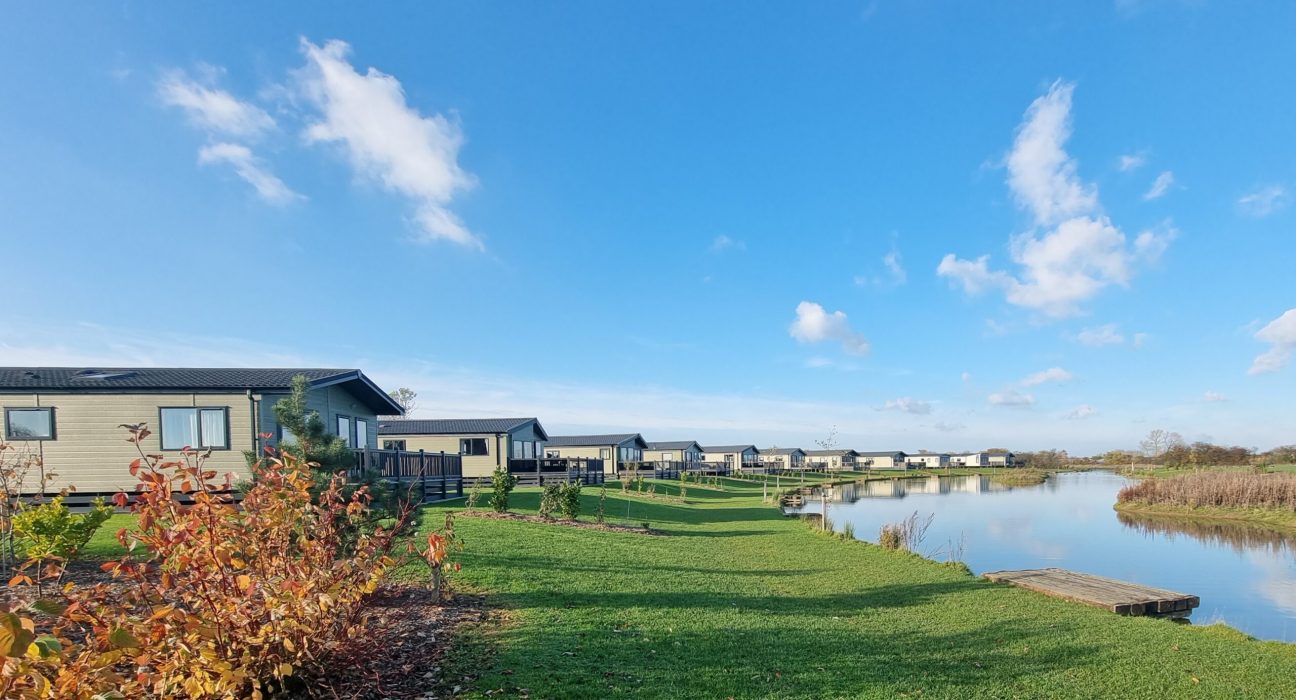IELTS Essay: Parks, Farmland, Houses
Sample Answer
Some are of the belief that current initiatives to transform public parks and farms into residential areas are misguided. I am in general agreement with this contention despite its ostensible advantages in dense urban areas.
Those who argue this policy is positive point out its effects on overcrowding in cities. In the last century, mass migrations to cities have created increasingly dense urban areas. One of the best solutions for this is to expand the size of cities by subsuming nearby farmland into urban districts. For instance, large metropolitan areas such as Tokyo and Mexico City are only able to house their surging populations by spreading to neighboring lands. The result is that more individuals are able to live in cities and enjoy higher standards of living, better healthcare, improved economic opportunity, and various entertainments options. For the average resident, such a development is incontestably positive.
However, new housing developments neglect the primacy of the natural world. Firstly, building homes on nearby farmland not only clears away pristine natural land but also necessitates the transportation of agricultural products from greater distances. This will in turn exacerbate environmental issues and potentially lead to inflated food costs for the average person. More importantly, cities that lack parks are not providing an optimistic living environment for residents. For wealthy individuals, this is less pressing since they may be able to make frequent trips to outlying areas. However, for the least privileged classes, parks may be their only opportunities to experience nature and a life deprived of all contact with the natural world is undeniably bleak.
In conclusion, despite the positives related to population density in cities, it is an overall negative due to its effect on the natural environment and quality of life in cities. Such proposals should therefore be pursued in moderation.

